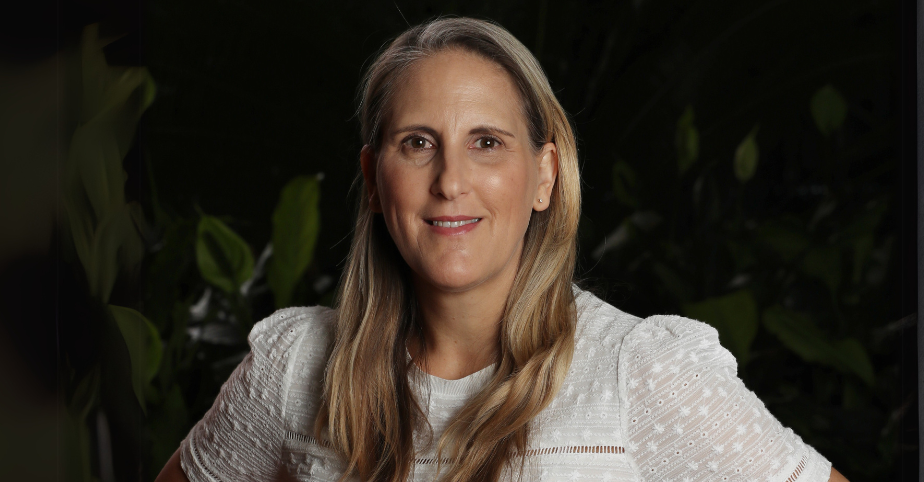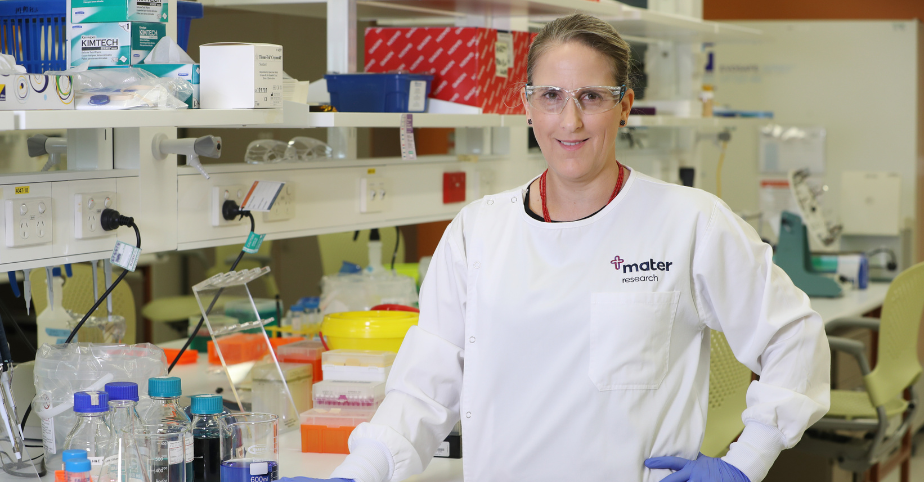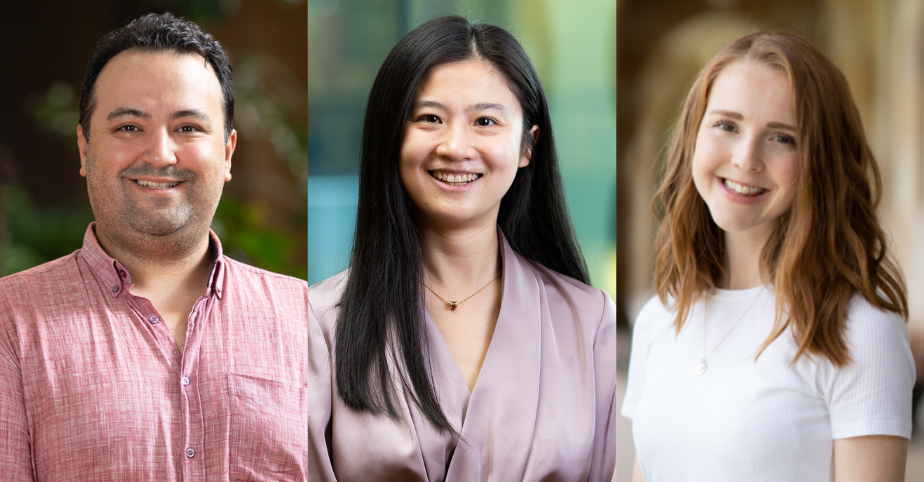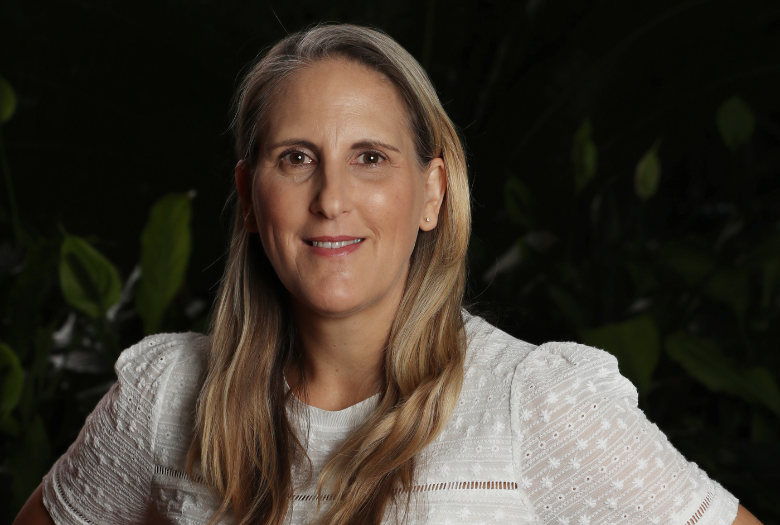Prof Allison Pettit
Group Leader
Professor Allison Pettit is the Executive Director at Mater Research and Director of Mater Research Institute - UQ. She also leads the Bones and Immunology Research Group guiding a team of researchers and both graduate and undergraduate research students. Prof Pettit has worked in the complementary fields of immunology, rheumatology, haematology, cancer biology and bone biology for over 20 years, supported by competitive funding from national and international funding bodies as well as philanthropic sources including Mater Foundation.
Prof Pettit’s research group discovered and continues to characterise osteal macrophages (osteomacs), a specialised immune cell population that is integrated within bone-lining tissues. Her team has shown that osteomacs provide instruction and support to both bone forming osteoblasts and bone resorbing osteoclasts and thus coordinate the activity of the two key cell types responsible for maintaining bone health. Her team continues to apply these novel biology discoveries toward addressing the significant health challenge of bone fracture, including the nine million osteoporotic fragility fractures that occur every year worldwide. Fragility fractures increase starting from the age of 50 and become more prevalent with age. Up to 50 per cent of fragility fractures don’t heal normally and significantly reduce quality of life including being a major cause of loss of independent living. Currently there are no broadly applicable therapeutics that can be used to augment healing of fragility fractures and reduce their heath impact.
Ongoing research in Prof Pettit’s laboratory is focused on preclinical development of novel treatment strategies that enhance or mimic osteomac function, with the goal to reduce morbidity and costs associated with osteoporosis fragility fracture. Suppression of bone marrow function is common to many cancer treatments and is a major risk factor in treatment-related death or is a driver preventing decisions to start cancer treatment or cease treatment.
Prof Pettit’s team made integral contributions to the discovery that tissue resident immune cells in bone marrow play a vital role in supporting blood stem cells that are needed throughout life to generate mature red and white blood cells. They continue to uncover the functional and molecular contributions of bone marrow macrophages in supporting bone marrow resilience and regeneration and is working toward developing novel therapies to harness their regenerative potential. Improving the resilience of bone marrow may have broad ranging implications for improving the safety and efficacy of cancer therapies.
"I undertook a career in medical research because I was fascinated with human biology, physiology and pathology, and thought that research was a way to achieve innovative leaps in improving health and quality of life."
Research interests
- Endocrinology - Clinical Sciences
- Orthopaedics - Clinical Sciences
- Immunology not elsewhere classified - Immunology
- Tumour Immunology - Immunology
- Cancer Cell Biology - Oncology and Carcinogenesis
- Haematological Tumours - Oncology and Carcinogenesis






